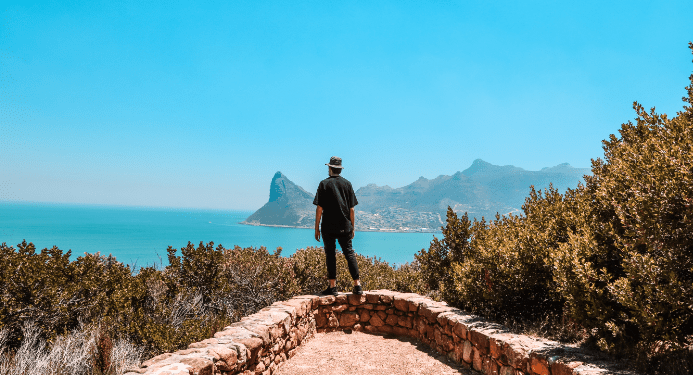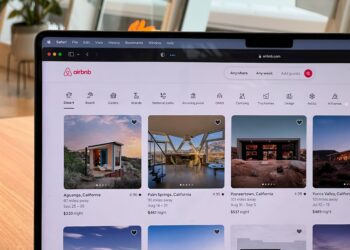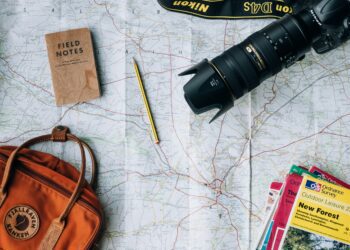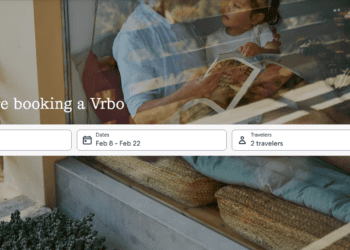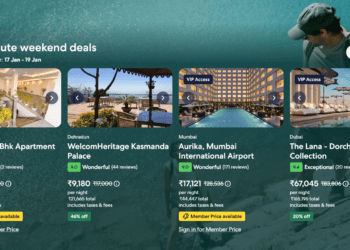It’s no secret that travel can be a hugely productive experience. Whether you’re taking a trip to see the world or just taking a break from your normal routine, it can help you refocus and reboot. Here are five ways travel makes you more productive:
- Travelling exposes you to new perspectives and ideas. By exploring different parts of the world, you’ll be able to think more broadly about problems and potential solutions. This open-mindedness can lead to better workflows and more innovative thinking.
- Travelling makes you more flexible. You may be used to sticking to a certain daily routine when working at home, but on vacation you’re free to try new things and take on new challenges. This increased flexibility can help you tackle unforeseen problems head-on, boosting your productivity overall.
- Travelling strengthens your relationships. When you spend time away from home, you’re forced to rely on your interpersonal skills in order to get by. This develops empathy and understanding – two important assets that will help you in any career path.
- Travelling helps you develop a sense of detachment from your digital life. By disconnecting from technology
Planning Your Trip
Planning your trip can be a fun process, or it can be a daunting task. Whether you’re looking to plan a leisurely weekend getaway or an intensive business trip, these five tips can help make the process smoother.
1. Start by Thinking About Your Goals
Your first step should be to come up with some goals for your trip. This could include things like seeing specific landmarks or visiting new areas. Once you have your goals in mind, it will be much easier to start planning out what you’ll need to do in order to achieve them.
2. Consider Your Time Frame
When planning a trip, it’s important to consider the time frame that you have available. If you have just a few days left before your departure date, it might be best to focus on quick and easy trips that you can complete easily. On the other hand, if you have several months ahead of you, you might want to explore more remote areas and plan longer excursions.
3. Research Your Options
Before starting any serious planning, it’s important to do some research on the different options available to you. This includes researching transportation options (such as flying or driving), lodging options (both budget-friendly and luxury choices), and activities that are available near where you’re staying.
4. Assign Packages Accordingly
Once you’ve researched your options and decided which ones would work best for your particular needs, it’s time to start
Making the Most of Your Travels
When you’re on your travels, whether for business or pleasure, it can be easy to feel like you’re missing out on important work. But in fact, taking a break from your normal routine can actually make you more productive when returning to work. Here are four ways travel makes you more productive:
1. Stimulates creativity: When you’re away from home and all your usual distractions, it’s easier to come up with new ideas. Not only that, but being away from the stress of everyday life can help refresh your mind and give you a new perspective on problem solving.
2. Strengthens relationships: When you take time away from loved ones to travel, it strengthens the bonds between them. You learn about each other in a way that is not possible when living in the same city or country. Not only does this make for an enriched relationship when you return home, but it also helps improve communication skills when working together remotely.
3. Gives you perspective: Travelling can open your eyes to different cultures and lifestyles which can give you a better understanding of how things work in other parts of the world. This newfound knowledge is valuable not only when working at home, but also when pursuing opportunities that may require overseas travel or networking with people from other countries.
4. Improves problem solving skills: By dealing with unfamiliar situations and challenges day-to-day while travelling, you’ll develop skills that will be invaluable if ever faced with similar problems
Getting Organized Before You Go
When you’re traveling, it can be difficult to keep track of what’s going on and where you are. By getting organized before you go, you’ll have a much easier time navigating your destination and staying productive.
Here are some tips for getting organized before you travel:
1. Make a list of what you need to take with you. This will help you avoid packing too much and making sure that everything is in one place when you arrive.
2. Create a packing list based on the items that are most important to you. This way, everything will be easily accessible and there won’t be any surprises when it comes time to pack.
3. Have all of your documentation ready before departure. This includes your passport, visa, tickets, and any other paperwork that may be required for your trip.
4. Arrange transportation beforehand if necessary. If you’ll be flying or driving, make sure to book your tickets as early as possible so that there is no chance of missing your flight or getting stuck in traffic.
5. Pack essentials like snacks and drinks in case something goes wrong while you’re away and there’s nowhere to purchase them locally. And don’t forget cigarettes! You may not be able to smoke in certain places, so having cigarettes on hand will make the experience a little more bearable (at least until you find an open bar).
Managing Stress on Your Trip
1. Planning Ahead
There’s nothing more frustrating than being Gatecrashed by a family member you didn’t plan for and having to scramble to come up with an appropriate response. So before you go, make sure you have everything sorted out including where you’re staying, what activities you want to do and when, and who is responsible for what. This way, if anything goes wrong it will be less of a hassle for everyone involved.
2. Dealing With Emergencies
It doesn’t matter how prepared you are; something always happens on vacation that requires a solution outside of your control (ie: the power going out in your hotel). In these cases, knowing how to handle emergencies will save you time and stress. For example, if there’s an emergency evacuation happening at your hotel, know where the exits are and which floors they are on so that you can quickly get out of the building.
3. Taking Advantage of Local Services
No matter where you go in the world, there are bound to be some local services that can help make your trip easier or more enjoyable (ie: buying souvenirs in bulk at a local market). Do your research ahead of time so that when opportunity arises you don’t feel like an outsider trying to take advantage of locals.
4. Managing Your Time wisely
Most of us would love to spend more time traveling but sometimes life gets in the way and we find ourselves packing our bags more quickly than we’d like. The
Improve your productivity by taking some time for yourself
There are a few things that traveling does for your productivity. For one, it gives you a break from the everyday routine of work and home. It also allows you to take in new angles and ideas, which can help improve your creativity and problem-solving skills. Finally, it forces you to be more efficient with your time by adapting to different schedules and environments. All of these factors can help boost your overall productivity.

